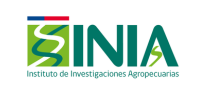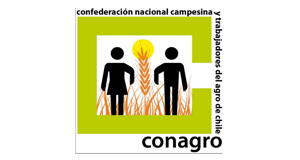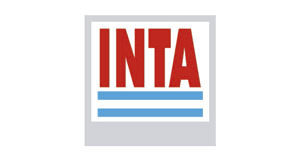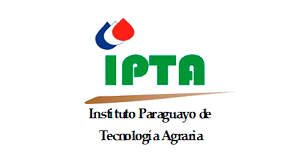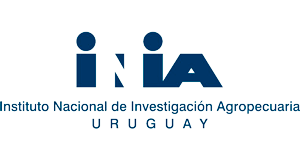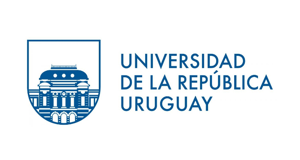Traditional seeds
Increased competitiveness of family farming
Context of the story
There is a growing demand for sustainably produced local food. Such characteristics are valued by consumers and demand has created niche markets that give good returns to farmers. Despite this, access to TV seeds is limited, mainly because TVs are cultivated for self-consumption and/or maintained only by some farmers, meaning their cultivation is restricted to certain locations or they are produced in small volumes. Another problem is the quality of the seeds. Generally, these seeds can show sanitary problems, low vigor, varietal blends, and a high population unevenness.
Traditional seed supply centers
The implemented initiative
The main results of the project were: i) characterization of the seed system in the study territories, ii) an integrated model of production / supply of TV seed, iii) variety supply centers, iv) a network of member farmers of each Center, v) new varieties and locally adapted crops with associated valuable information, v) an access system and instruments for linking and exchanging germplasm that make the system sustainable, vi) research-development methodologies.
Produce quality products and contribute to sustainable local development
The technological solution
The project proposes to intervene in the initial stage of the chain by increasing the supply and quality of TV seeds. For this, the creation of an integrated system of production / varietal supply of horticultural species is proposed that allows better management of traditional seeds, to thus strengthen the competitiveness of FA in participating countries.
Family farming, as a whole, represents between 80 to 90% of all farms in the agricultural sector in Latin American countries.
Results
Increase the varietal offer of traditional seeds through the link with the germplasm bank of the INIAs.
Characterize the traditional seed system of the study territories.
Develop an access system and instruments for linking and exchanging germplasm that make the system sustainable.

 Back to the project
Back to the project Chile
Chile Argentina
Argentina Paraguay
Paraguay Uruguay
Uruguay